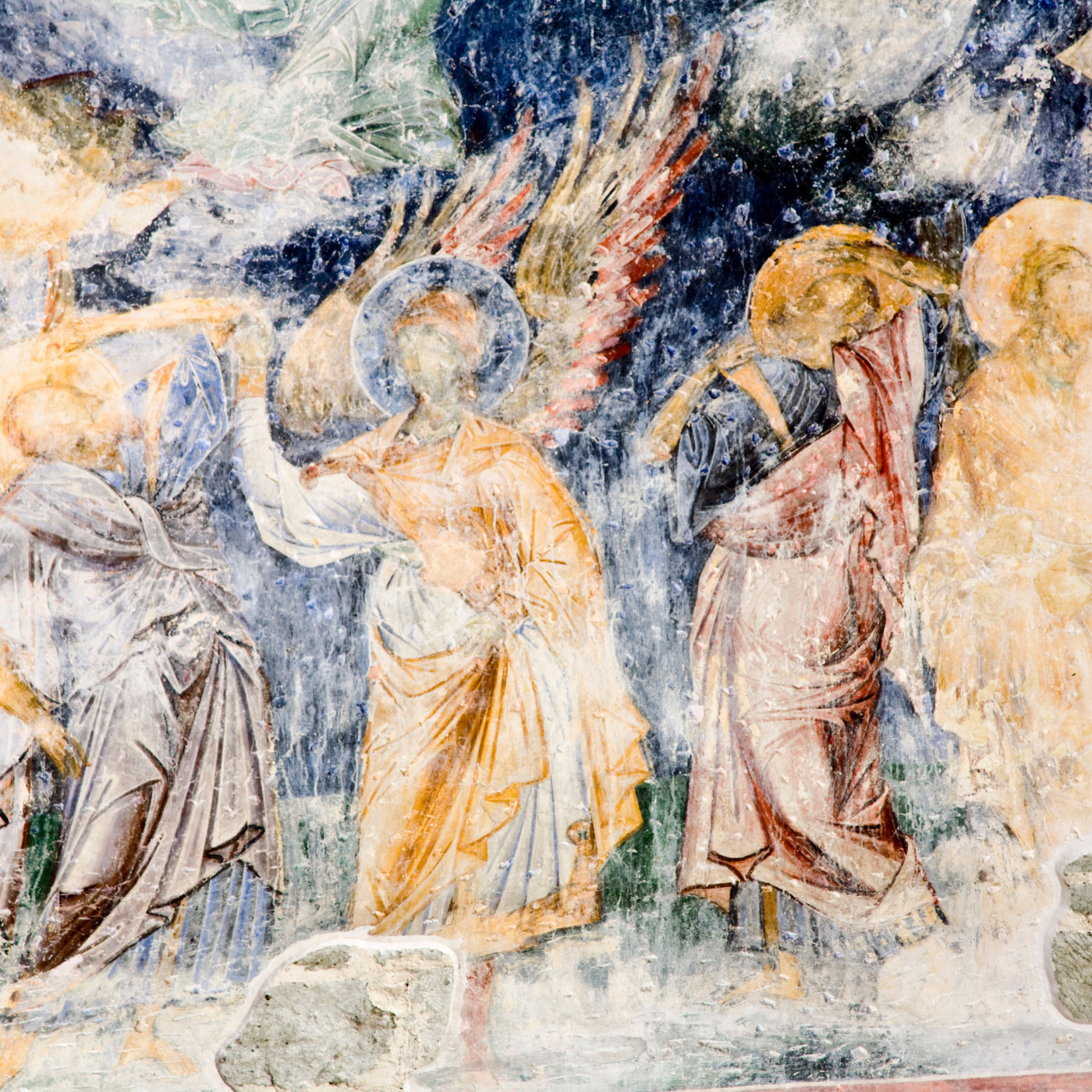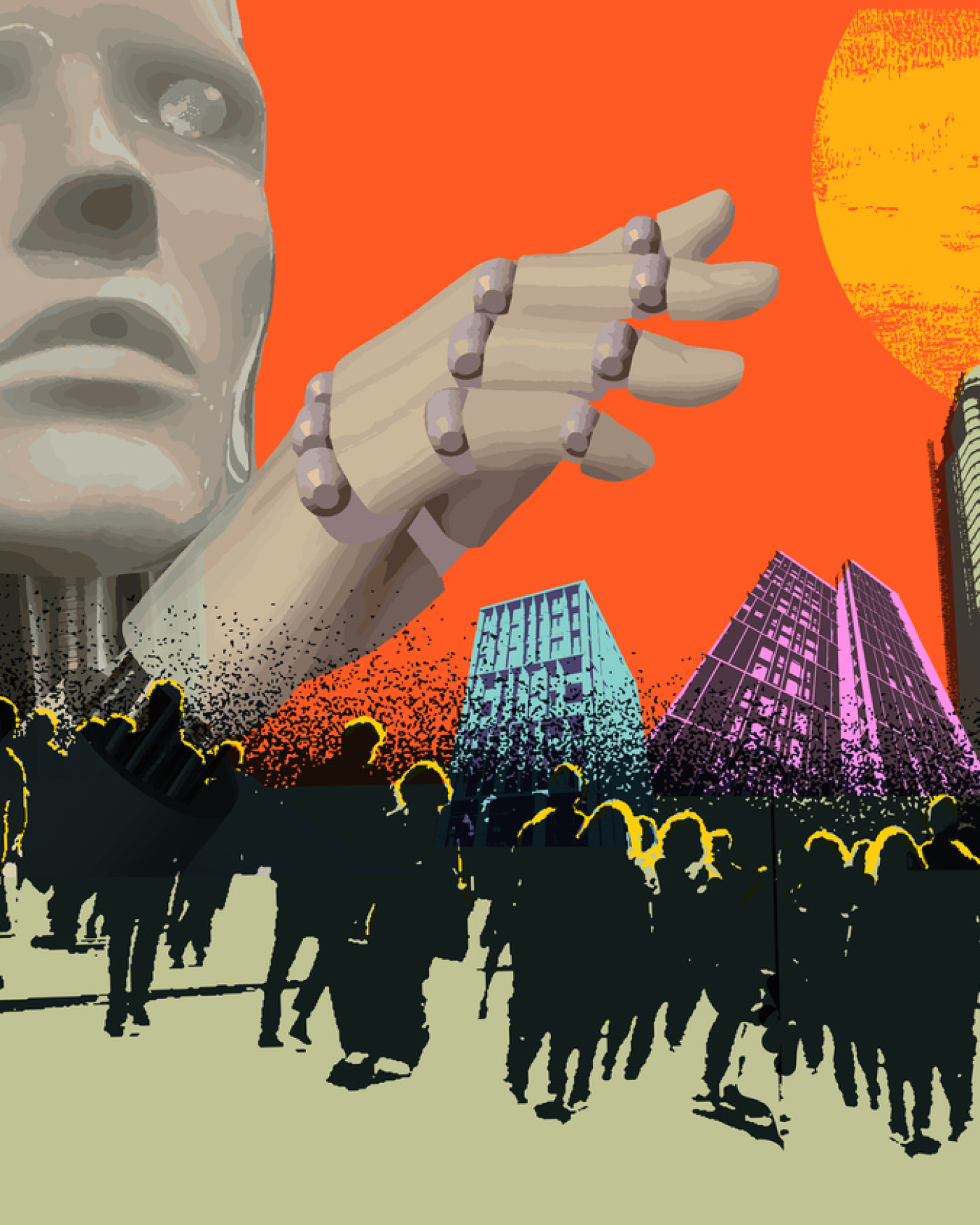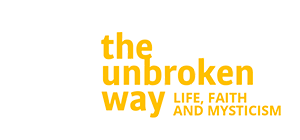Share this article
Worldly Thinking Or Divine Wisdom

When supernatural wisdom eclipsed group thinking
—A short story
The 1992 general British election result has become one of the most fascinating curiosities of 20th-century politics. To this day, it is used as a case study in political science studies on how commentators, polls and political pundits can get things so wrong.
The morning before the election, my late wife, Cushla, and I were chatting with work colleagues over a coffee break in my office. Being Irish, most of us were interested in the big political stories across the water. But, even those who weren't political, including Cushla, were fascinated by this particular general election because of all the drama and media coverage surrounding it:
Like everybody in Ireland, she was aware that John Major, the leader of the Conservatives, which sit on the centre-right to right-wing of the political spectrum, was looking to win a fourth consecutive victory for his party. They had been in power for thirteen years and fought a campaign at the end of the most prolonged recession in over fifty years. Unemployment was rising, interest rates were above ten per cent, and house prices had collapsed.
No government had won four consecutive elections since the Great Reform Act of 1832, and no government had won an election after starting behind in the polls since the advent of serious polling in the 1940s.
The odds, the polls and the historical omens were firmly in favour of the Labour Party, which is typically placed on the centre-left of the political spectrum.
Apart from Cushla, all of us in the office were adamant that Labour had it in the bag. Undoubtedly, our thinking was influenced by the media and political pundits, who had declared that Major had no chance of returning to power.
'Major will win,' Cushla said, almost in a whisper. Her statement seemed so out of step with what everybody else thought was a slam dunk for Labour that none of us in the office even argued with her.
In my defence, though I had known Cushla for over ten years, I was only beginning to get used to her incredible prophetic ability. Also, since she had no real interest in politics, I thought her statement was just an opinion rather than a prophecy. But later that night, at home, she told me it was one of her knowings. These knowings were a higher form of knowledge she drew deep within her soul. They were a gift she shared with well-known mystics.
That 1992 British General election went down in history as the one that opinion polls, pundits, and media got utterly wrong. Major had won by a narrow majority. It was the greatest political upset in the UK since the end of the Second World War.
Why we can't always trust our thinking

'For my thoughts are not your thoughts, neither are your ways my ways,' declares the Lord. 'As the heavens are higher than the earth, so are my ways higher than your ways and my thoughts than your thoughts.'
—Isaiah 55:8-9
Biblical Fresco, Church of the Divine Wisdom, Aya Sofya Museum, Turkey.
That 1992 event was only one of the many uncanny experiences I witnessed involving Cushla. These experiences began to wake me up to the fact that we can think we have everything figured out when, in fact, we are trapped by faulty thinking, bias, stubbornness, a lack of imagination, and a minimal view of reality:
Even in this physical, earthly realm, science teaches us that reality is far vaster than we can perceive. For example, our eyes can only detect the visible spectrum, a very narrow range in the electromagnetic spectrum (EM). David Eagleman, a neuroscientist at Stanford University, explains in his book The Brain: The Story of You that the visible spectrum corresponds to just 0.0035% of the total EM!
EM is just one aspect of reality that we're limited in perceiving. Many other phenomena fall outside our sensory range, such as sound frequencies that are too high or too low for us to hear. For example, we are deaf to certain high and low pitches that dogs and other animals can hear. Also, unlike turtles, worms, and wolves, we can't sense the earth's magnetic field.
The knowledge that we can only experience a tiny fraction of reality suggests that we should avoid jumping to conclusions too quickly when thinking.
Being aware of only a tiny portion of reality is only one aspect that can limit our thinking. In his article, Our Limited Perspectives, Fr Richard Rohr, a Franciscan (some would say modern-day mystic) says:
'One of the keys to wisdom is that we must recognize our own biases, our own addictive preoccupations, and those things to which, for some reason, we refuse to pay attention. Until we see these patterns (which is early-stage contemplation), we will never be able to see what we do not see. Without such critical awareness of the small self, there is little chance that any individual will produce truly great knowing or enduring wisdom.
Only people who have done their inner work can see beyond their own biases to something transcendent, something that crosses the boundaries of culture and individual experience. People with a distorted image of self, world, or God will be largely incapable of experiencing what is Really Real in the world. They will see things through a narrow keyhole. They'll see instead what they need reality to be, what they're afraid it is, or what they're angry about. They'll see everything through their aggression, their fear, or their agenda. In other words, they won't see it at all.'
Time and space —an obstacle to unseen wisdom
One person who certainly did the inner work and could see beyond their own biases to something transcendent was Cushla. For years, I witnessed her extraordinary prophetic and mystical gifts and finally learned from her that there's more than one way of knowing. 'There's no time or space in the spirit world' was another of her knowings she said to me several times. She was onto something:
Even in this earthly realm, scientists and philosophers are questioning our established view of time and space :
As far back as 1781, the philosopher Immanuel Kant put forward his idea of transcendental idealism. According to its doctrine, individuals perceive external events by means of sensory experience as taking place in space and time; however, space and time are merely the mechanisms through which humans perceive and understand the world.
Kant's idea raises questions about the nature of reality and the notion that even the most well-known thinkers and philosophers can only see a fraction of the truth.
Receiving Divine Wisdom

How much better to get wisdom than gold and good judgment than silver!
—Proverbs 16:16
The journey to spiritual enlightenment and wisdom begins with humility and accepting the limitations of human thinking. To flourish, serve others and find authentic meaning, we need to access divine wisdom, a topic I will explore in my next article
In the meantime, I will practice some key insights on growing in wisdom from what I learned from Cushla, other mystics, saints, and scripture. I've outlined some below with appropriate biblical quotes :
Become a fool
Let no one deceive himself. If anyone among you thinks that he is wise in this age, let him become a fool that he may become wise.
— 1 Corinthians 4:10
Get wisdom by prizing her.
Prize her highly, and she will exalt you;
she will honour you if you embrace her.
—Proverbs 4:8
Grow in wisdom by praying.
If any of you lacks wisdom, let him ask God, who gives generously to all without reproach, and it will be given him.
—James 1: 5
Pursue wisdom by keeping company with the wise.
Whoever walks with the wise becomes wise.
— Proverbs 13:20
Surrender
'Trust in the LORD with all your heart, and do not lean on your own understanding. In all your ways acknowledge him, and he will make straight your paths.
—Proverbs 3:5-6
Pursue wisdom in the light of eternity.
Teach us to number our days
that we may get a heart of wisdom.
—Psalm 90:12
Share this article
Categories
in your inbox

Wisdom









